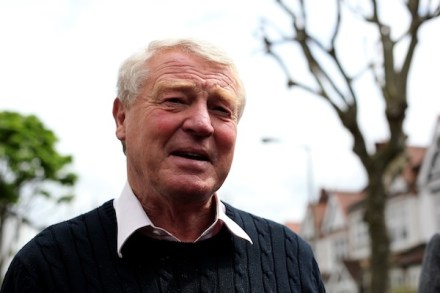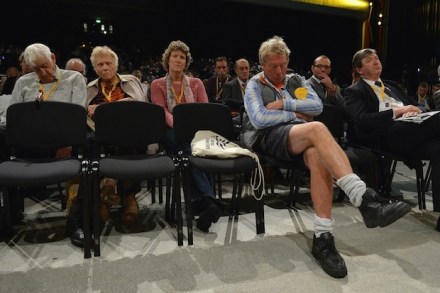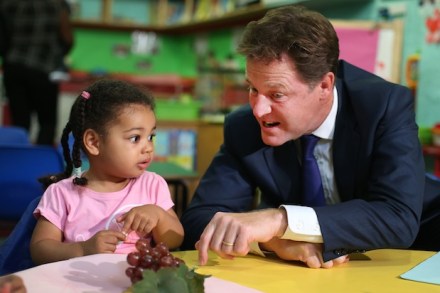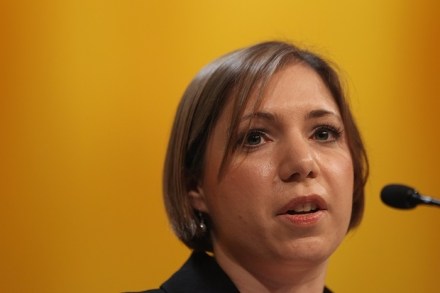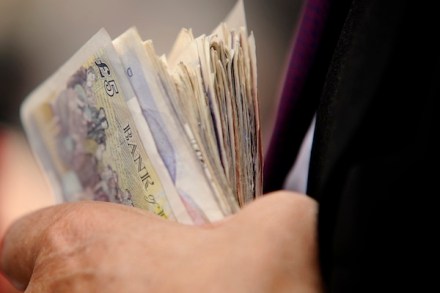Lib Dem conference: Vince Cable undermines Clegg's 'reasonable party' strategy
Another year, another speech by Vince Cable attacking those nasty Tories. After his rather undignified to-ing and fro-ing over the economy vote that left him looking confused and selfish while Clegg emerged looking rather bold and statesmanlike, the Business Secretary had just half an hour before he returned to the conference hall to speak again. The consensus seems to be that he made a fool of himself by not deciding what it was he should do. And given that even Tim Farron rallied behind the leadership, delivering an impressive speech in favour of Clegg’s position when he’s often more than happy to brief against his colleague, Cable hardly looked collegiate.




